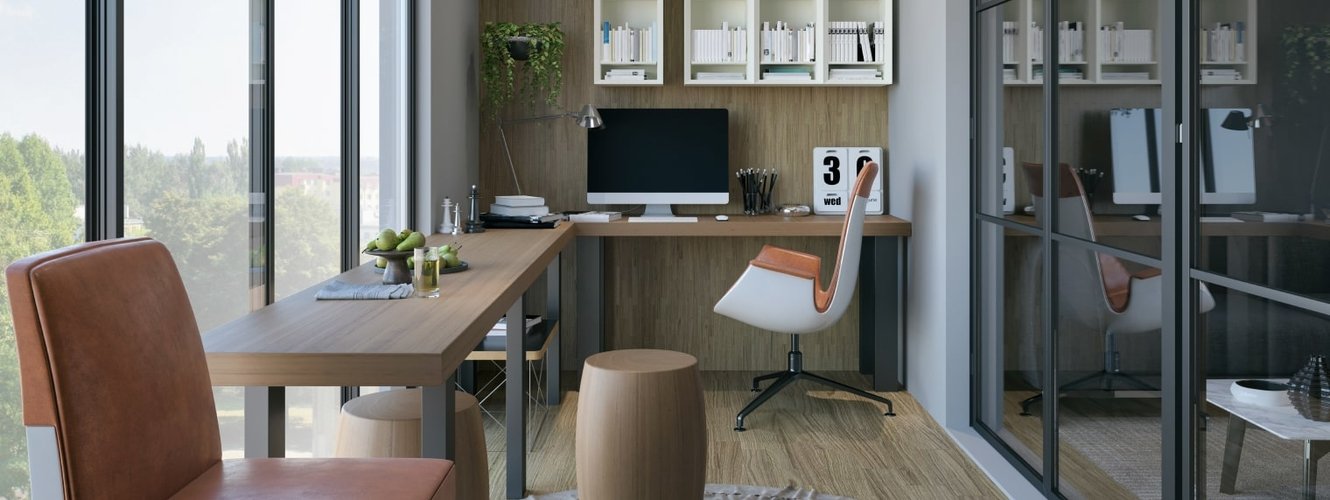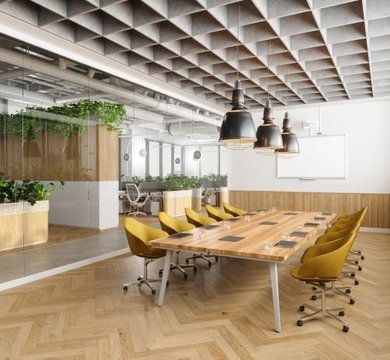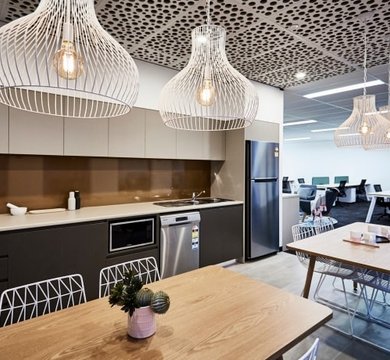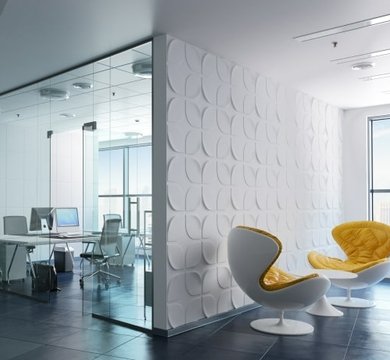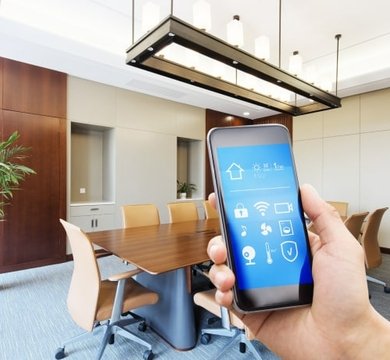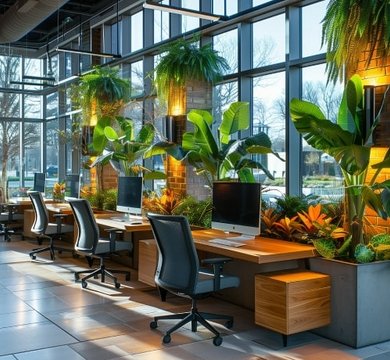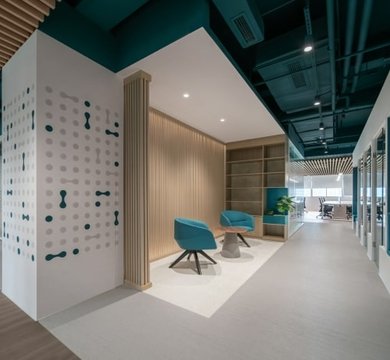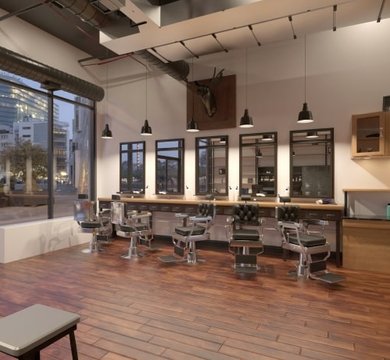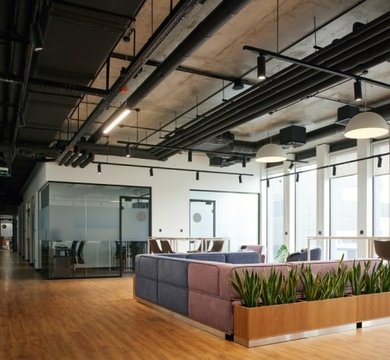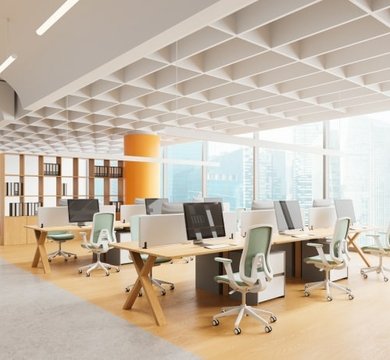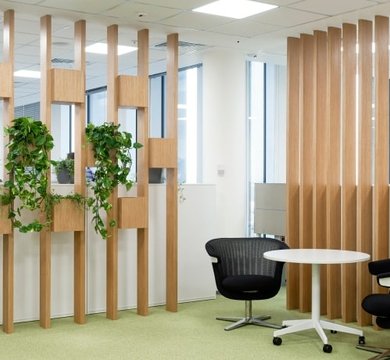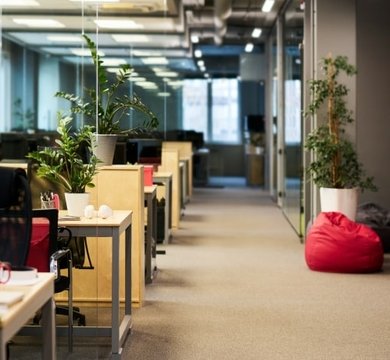MP Jacob Rees-Mogg is no stranger to news headlines, and his latest antics received their fair share of column inches. It was the latter part of his job title - the minister of state for Brexit opportunities and government efficiency – that prompted him to address the lack of civil servants back at their Westminster desks.
His ‘calling cards’ – professionally printed notes left on desks of absent workers - were widely criticised as condescending, thanks to the passive aggressive wording of ‘sorry you were out when I visited. I look forward to seeing you in the office very soon.’
For all its pompous air, Rees-Mogg’s frustrations may strike a chord with other business leaders who are still struggling to entice workers back to their desks. There are, however other ways to tempt people from their dining rooms back to their desks once again, as MPL reveals:-
Call of the wild: in a podcast with The FT’s Isabel Berwick, architect Rick Cook spoke about the need to integrate nature into our offices, especially after so many professionals have had free access to the outside world from their WFH base. Biophilic office design is a way of keeping those connections going – even if the office is in a city or busy town.
Workplaces designed for improving employee wellbeing: the pandemic has allowed our mental and physical health to become part of our everyday conversations, therefore office owners need to ensure their workplaces meet the needs of today’s narrative. Employees will appreciate filtration systems that result in cleaner air and lighting systems that can be changed according to the mood or task while designing for the neurodiverse is a step in the right inclusivity direction.
Blurring the line between a hotel and an office: if employees don’t want to come back due to your current office atmosphere, you’ll need to make it feel less like an office without compromising professionality. Making its way across the pond from New York is the hotel-style office, where the look is curated to feel very boutique in the same way as Soho House, for example. Add in a concierge, social spaces and lavish loos, and you’ll have changed the perception of the office environment forever.
Space to be alone: all hail the open plan office as it’s great for communication and collaboration but what about the introverts and silence-seekers who have thrived while WFH? Reconfiguring your office to provide an aspect of solus may convince more people to return than you’d imagine. Pods, booths, small nooks and even designated quiet rooms all address something known as ‘re-entry anxiety’ – an aspect explored by Forbes.
Talk to MPL Interiors about office redesign to convince more employees to return to their desks but to also attract new talent in the future.

